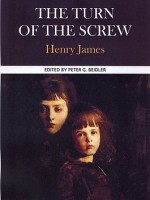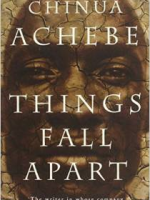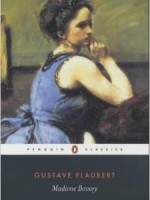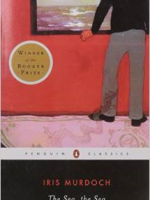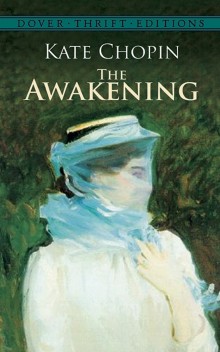 The Awakening
The Awakening
Classics
Courier Corporation
1993
116

When first published in 1899, "The Awakening" shocked readers with its honest treatment of female marital infidelity. Audiences accustomed to the pieties of late Victorian romantic fiction were taken aback by Chopin's daring portrayal of a woman trapped in a stifling marriage, who seeks and finds passionate physical love outside the straitened confines of her domestic situation. Aside from its unusually frank treatment of a then-controversial subject, the novel is widely admired today for its literary qualities. Edmund Wilson characterized it as a work "quite uninhibited and beautifully written, which anticipates D. H. Lawrence in its treatment of infidelity." Although the theme of marital infidelity no longer shocks, few novels have plumbed the psychology of a woman involved in an illicit relationship with the perception, artistry, and honesty that Kate Chopin brought to "The Awakening." Now available in this inexpensive edition, it offers a powerful and provocative reading experience to modern readers. Unabridged Dover (1993) republication of the work first published by Herbert S. Stone & Co., Chicago, 1899.
1904 was a pivotal year for Irish literature. Joyce’s Ulysses is set in 1904; Patrick Kavanagh and Molly Keane were born; and the death occurred of Kate Chopin, an American writer born of Irish stock, who in her relatively short life wrote one of the most enduring and controversial works of feminist fiction.
The book, The Awakening, didn’t set out to be feminist – how could it when the word didn’t exist in 1899? Chopin only became a writer after her husband died and left her with six children to raise. Born Catherine O’Flaherty, of Irish and Cajun stock, she was paid $150 for the story, which was published as a novella along with several short stories. The book’s subject matter caused huge uproar at the time and there was so much opposition to it that Chopin never really wrote again.
It tells the story of Edna Pontellier, a middle class Cajun woman, married to a New Orleans speculator. They have two children and Edna is seen as a model wife and mother. The family spends a summer on Grand Isle where Edna meets Robert Lubrum, a mercurial young man who she fixates on. Their mutual attraction is physically (but not emotionally) unconsummated and it awakens in Edna a desire to find out who she really is.
Who she is, is a woman who is bored with her life and has little in common with her husband. While she loves her children, she sees the role of wife and mother incompatible with her true self – the artist in her she has always suppressed. “Mrs Pontellier was beginning to realise her position in the universe as a human being, and to recognise her relations as an individual to the world within and about her.” She speaks of how even “at an early period she had apprehended instinctively the dual life – that outward existence which conforms, the inward life which questions.”
This is precisely what Edna does in the book – this unexpected awakening tortures her because she has lived the life of a conformist right up until that summer by the sea. There, she overcomes her fear of water – a metaphor for her life – and learns to swim and gains her first sense of independence. When she returns to the city, she begins to paint, sends her children to stay with relatives and eventually moves in to a small house by herself. It dawns on her that her husband “seemed now to her like a person she had married without love as an excuse.” He, in turn is frequently away and it only gradually dawns on him that his wife has had enough of the domestic routine imposed upon her. Panicked, he visits the family doctor for advice wondering, “if his wife were not growing a little unbalanced mentally”, by asserting her independence. The doctor asks if she has been “associating of late with a circle of pseudo-intellectual women – super spiritual superior beings” – an obvious reference to feminists. Robert, who was the catalyst for her awakening, returns later in the book, but by that stage, it no longer matters if they get together or not, she has already metamorphisized into the person she always wanted to be.
The only issue I have with this book is the ambiguous ending. It seems that Edna had overcome so much already that the book’s ending is irreconcilable with everything that has gone before it. The Awakening marked the high point of a promising career for a gifted writer, but sadly Chopin’s body of work is small because of the reaction to this one work. Often dubbed ‘The American Madam Bovary’, this is a far superior book, and I’d rather Edna Pontellier than Emma Bovary any day. ![]()
